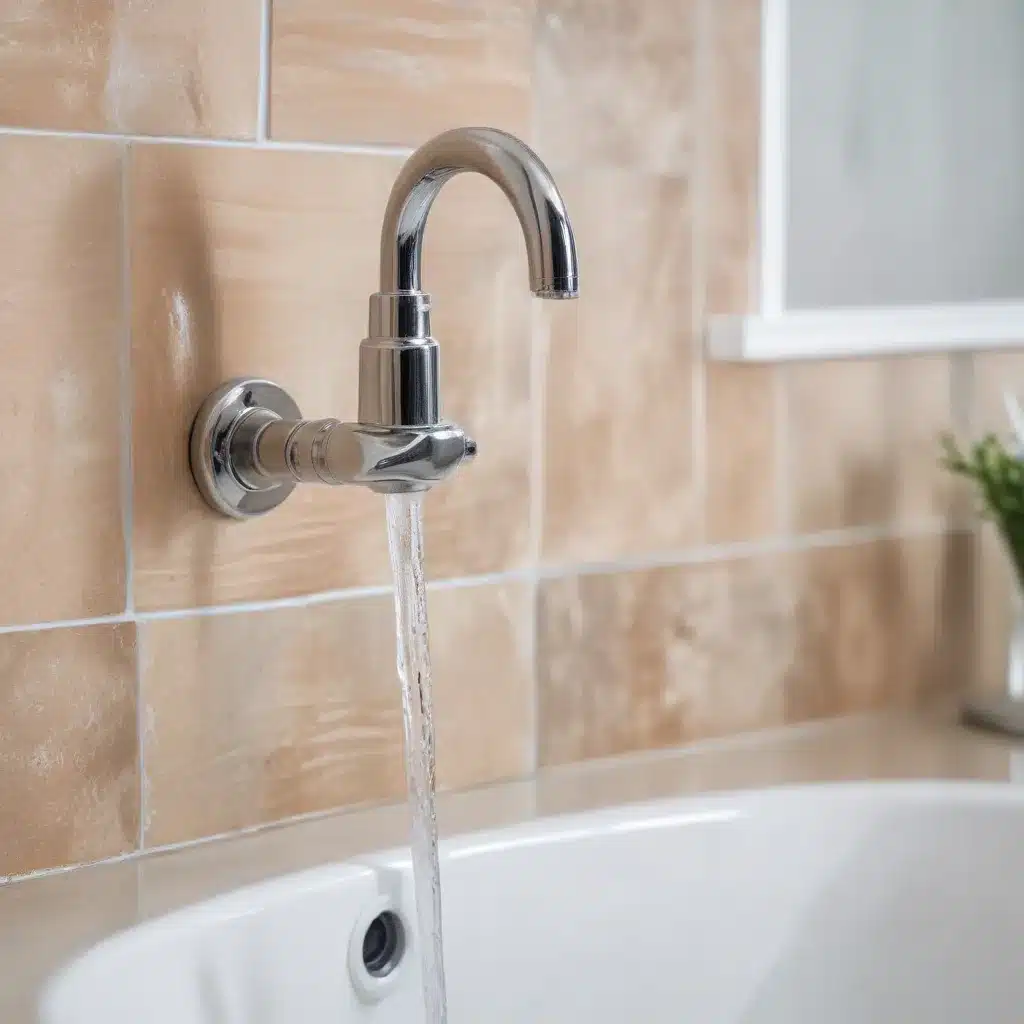
Understanding Hard Water
Hard water is a common issue affecting many homes, characterized by high mineral content, primarily consisting of calcium and magnesium. As water travels through soil and rock, it picks up these natural minerals, which can then lead to a variety of problems throughout your plumbing system and household appliances.
The hardness of water is measured in grains per gallon (gpg) or parts per million (ppm). Water with over 7 gpg or 120 ppm is generally considered hard. In many regions, the local water supply can exceed these hardness levels, sometimes significantly.
While hard water is not harmful to your health, it can cause a range of issues in your home, including:
- Reduced Efficiency of Appliances: Mineral buildup in water heaters, washing machines, and dishwashers can decrease their performance and lifespan.
- Increased Energy Costs: Hard water forces appliances to work harder, consuming more energy to function properly.
- Clogged Plumbing: Mineral deposits can accumulate in pipes, restricting water flow and potentially leading to clogs.
- Unsightly Buildup: Mineral deposits can leave behind white, chalky residue on faucets, showerheads, and other fixtures.
- Difficulty Cleaning: Hard water reduces the effectiveness of soaps and detergents, making it harder to achieve a good lather and clean results.
Identifying the Signs of Hard Water
Recognizing the presence of hard water in your home is the first step towards addressing the issue. Look for these telltale signs:
- Chalky Residue: Keep an eye out for white, scale-like deposits on faucets, showerheads, and other surfaces that frequently come into contact with water.
- Reduced Efficiency of Appliances: If your water heater, washing machine, or dishwasher seems to be working harder or less effectively, hard water could be the culprit.
- Difficulty Lathering: If you struggle to get a good lather when washing your hands or doing laundry, it may be due to the high mineral content in your water.
- Dingy Clothing: Hard water can cause clothes to appear dull and discolored, even after washing.
- Decreased Water Pressure: Mineral buildup in pipes and fixtures can restrict water flow, leading to low water pressure.
- Noticeable Taste or Smell: Hard water may have a distinct taste or leave a film on glassware, indicating its high mineral content.
The Dangers of Hard Water
Beyond the visible signs, hard water can also pose hidden threats to your plumbing system and home. Understanding these dangers is crucial for maintaining the long-term health of your property.
Pipe Blockages and Damage
The gradual buildup of mineral deposits inside your pipes can lead to reduced water flow and even complete blockages over time. This can cause low water pressure, leaks, and potentially costly pipe replacement.
Appliance Damage and Inefficiency
Hard water can wreak havoc on your home’s appliances, particularly the water heater. Mineral scale accumulation can impair the heater’s efficiency, leading to higher energy bills and even premature failure. Other appliances, such as washing machines and dishwashers, can also suffer from decreased performance and lifespan due to hard water exposure.
Environmental and Financial Impacts
The cumulative effect of hard water on your home’s plumbing and appliances can result in significant long-term costs. Frequent repairs, replacements, and increased energy consumption can add up quickly. Additionally, the environmental impact of hard water, in terms of higher energy usage, contributes to a larger carbon footprint.
Combating Hard Water
Fortunately, there are several effective solutions to address hard water issues in your home. The most comprehensive approach is to install a water softener system, which replaces the calcium and magnesium ions with sodium, effectively “softening” the water.
Water softeners come in various types, including traditional salt-based models and salt-free water conditioners. The choice depends on your specific water hardness levels and personal preferences. For those seeking a targeted solution for drinking water, reverse osmosis (RO) systems can provide high-quality, softened water at the tap.
In addition to whole-house treatments, homeowners can also consider DIY approaches, such as:
- Cleaning aerators and showerheads with vinegar to remove mineral buildup
- Using water softening additives or descaling products for appliances
- Regularly flushing the water heater to prevent sediment accumulation
Proper maintenance of your chosen hard water solution is key to ensuring its long-term effectiveness. Regular checks, filter replacements, and professional servicing can help keep your system running at peak performance and protect your home’s plumbing and appliances.
Consulting with Experts
While many hard water issues can be addressed through DIY methods, there are times when seeking professional assistance is the best course of action. A licensed plumber or water treatment specialist can provide a comprehensive assessment of your home’s water quality and recommend the most suitable solution for your needs.
These experts can help you navigate the various options, ensure proper installation, and advise on ongoing maintenance to keep your home’s water system in top condition. By partnering with a trusted professional, you can not only resolve current hard water problems but also prevent future issues, safeguarding your home’s efficiency and longevity.
At DD Plumbing and Heating, our team of experienced technicians specializes in addressing hard water challenges. We understand the unique water conditions in your area and can provide tailored solutions to meet your home’s needs. Contact us today to schedule a consultation and take the first step towards resolving your hard water woes.


